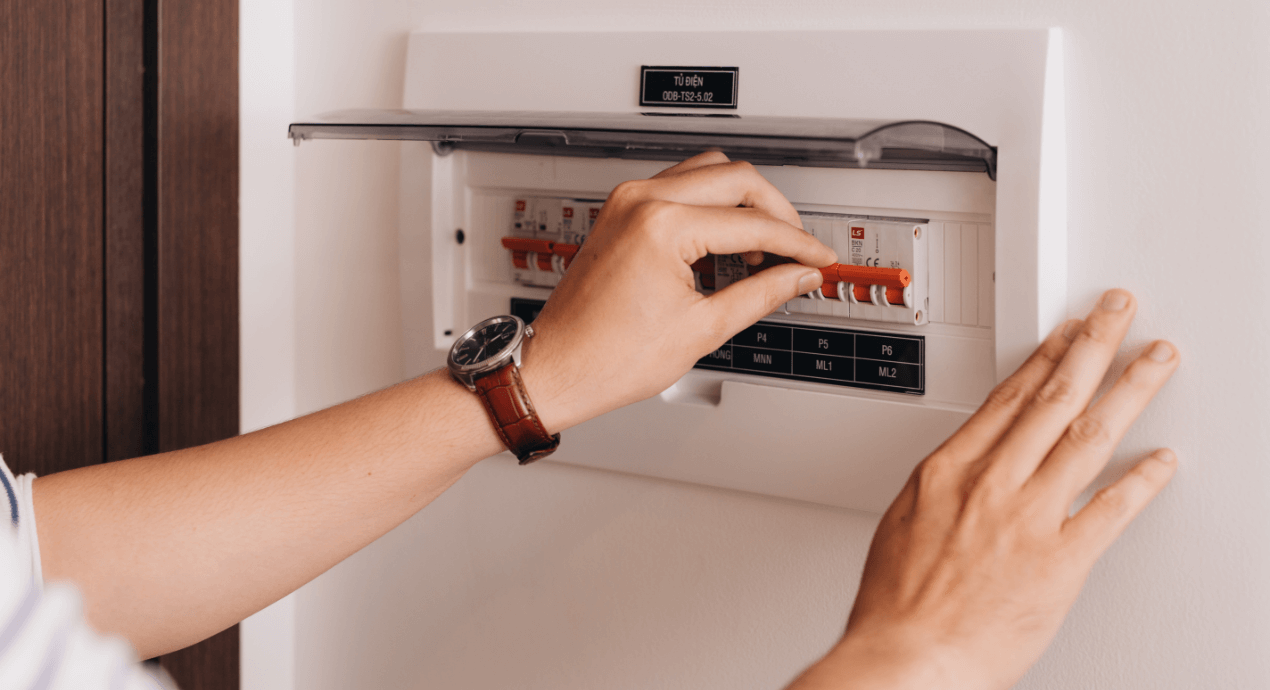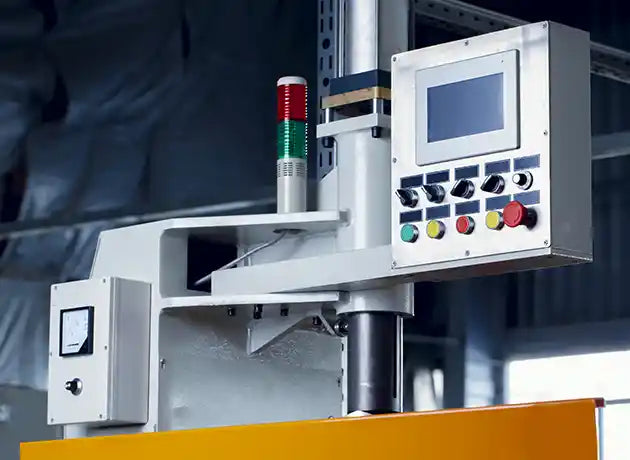What Are Household Contactors?
A household contactor is an electrically controlled switch designed to manage the flow of electricity in a circuit. While they are similar to relays, contactors are specifically engineered for higher current loads typically found in residential or commercial environments. They are used to control heating systems, ventilation, lighting, water pumps, and other high-power household devices.
Unlike traditional light switches, household contactors allow the automation of electrical systems remotely or via timers, reducing the need for manual intervention. This makes them an essential part of smart home upgrades and energy management systems.
Why Your Home Needs a Reliable Contactor
Adding a reliable residential electrical contactor to your system improves both safety and energy efficiency. One of the main risks in older electrical setups is the overloading of circuits, which can lead to overheating and even fires. Contactors are designed to handle these loads safely, automatically disconnecting when faults are detected.
Another advantage of using household contactors is the convenience they offer. Homeowners can automate systems such as exterior lighting, irrigation, or water heaters to turn on or off according to a schedule or environmental conditions like sunset or temperature drops. This not only saves energy but also extends the life of household appliances.
Additionally, modern smart contactors for homes can be integrated into broader home automation systems. This integration allows remote monitoring and control via smartphones, giving homeowners more flexibility and peace of mind.
How to Choose the Right Residential Electrical Contactor
When selecting a household contactor, consider these important factors:
1. Load Capacity:
Always choose a contactor that can handle the total current and voltage of your devices. Overspecifying slightly above your needs is recommended to ensure long-term reliability.
2. Number of Poles:
Depending on the application, you may need a single-pole, double-pole, or even three-pole contactor. For instance, three-pole contactors are ideal for three-phase motor applications like well pumps.
3. Coil Voltage:
Make sure the control voltage (the voltage needed to operate the contactor) matches your system requirements. Common options include 24V, 110V, and 220V.
4. Auxiliary Contacts:
Some contactors come with auxiliary contacts for signaling purposes, allowing you to monitor the status remotely or trigger additional systems.
5. Certification and Quality:
Always select a contactor that is certified by recognized standards (such as IEC or UL). This ensures better durability and safety compliance.
Final Thoughts
A properly installed household contactor for home automation can make a huge difference in managing your electrical loads efficiently and safely. Whether you’re setting up a new smart home system or upgrading your existing setup, investing in a high-quality residential contactor is a smart move that pays off in convenience, energy savings, and peace of mind.


